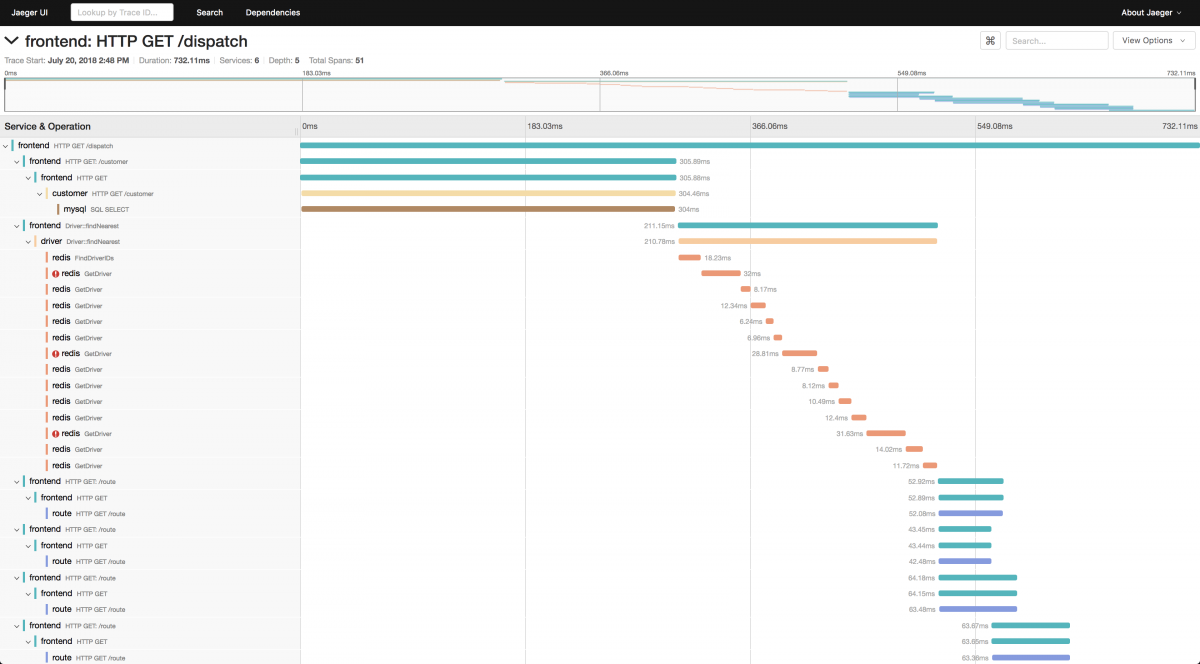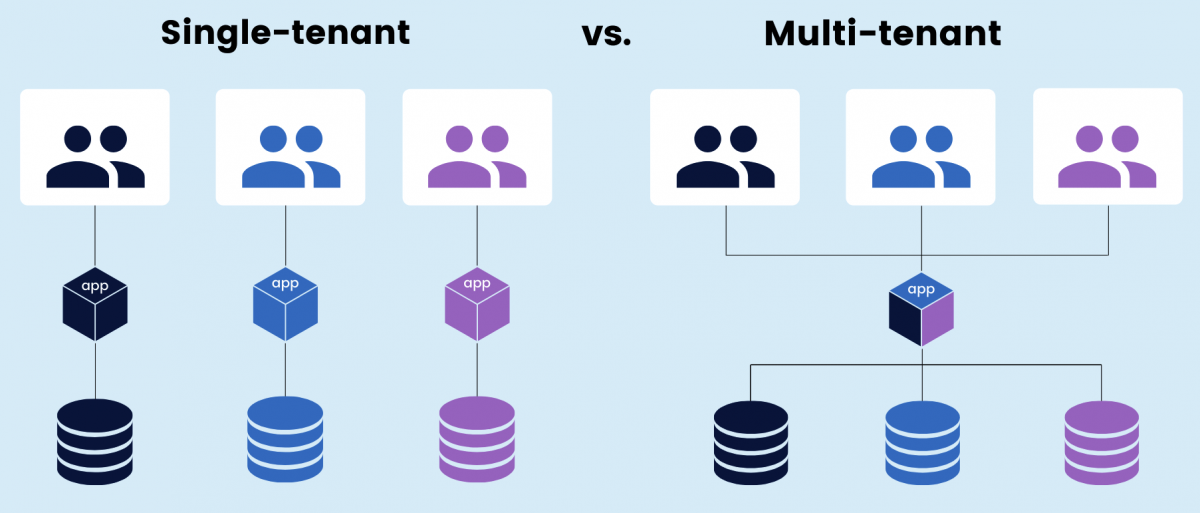Cells Development Roadmap Adds Important New Capabilities This Fall

At Pydio, our mission has always been to empower organizations with secure, robust, and flexible document management solutions. This fall, we’ll be rolling out three important new capabilities that clients have been asking for, including support for PostgreSQL and SQLite, adoption of the Open Telemetry standard, and a new multi-tenant version of Cells.
Why PostgreSQL and SQLite?
Up until now, Cells has always relied on MySQL/MariaDB as the database to store data generated by the application. But because Cells users requested access to PostgreSQL, we decided to rewrite the SQL persistence layer using more generic libraries. This gives us the ability to support more DBs, and also adds flexibility to how we connect to various databases, unlocking applications like data sharding across multiple databases or tables.
For our enterprise clients, we’re adding support for PostgreSQL, a robust open-source, object-relational database system that extends the SQL language in ways that allow users to safely and securely store and scale complex workloads. Its advanced data types and indexing techniques ensure that even the most intricate queries are executed swiftly and efficiently.
We’re also taking care of our smaller users by adding support for SQLite, the world's most widely deployed open-source database engine. It’s the go-to solution for smaller teams or organizations looking for a serverless, zero-config, cost-effective and straightforward database management system that is easy to set up and use.
Why OpenTelemetry?
Cells is already instrumented to provide metrics using the Prometheus format, as well as outputting logs in JSON format for simple ingestion by third-party tools. But with the emergence of the OpenTelemetry protocol as a new standard for observability patterns, we’re updating the platform to support OpenTelemetry, adding the “tracing” and “profiling” pattern to the stack. Tracing in particular, is key for understanding bottleneck issues in distributed architectures. Prefer to use the older architecture? No problem: legacy Prometheus/JSON-based protocols will still be supported for backward compatibility.

Visibility is the starting point for insight. OpenTelemetry provides a unified approach to collecting, processing, and visualizing telemetry data, enabling seamless tracking of application performance and reliability. By integrating this standard, Cells allows organizations to gain deeper insights into their system’s health, quickly identify and troubleshoot issues, and optimize resource utilization. This leads to improved operational efficiency and a better user experience. Additionally, OpenTelemetry's compatibility with various monitoring tools allows for flexible and comprehensive monitoring solutions, making it easier for IT teams to maintain robust, high-performing document management environments. Embracing OpenTelemetry aligns with Pydio’s commitment to providing secure, scalable, and efficient solutions for modern enterprises.
Why Multi-tenancy?
Once deployed in your own infrastructure, Cells software can easily be automated to create new instances based on a “one instance per client” model. But for service providers and large organizations, that model has limitations and these types of organizations have been asking for more flexibility.
That’s where multi-tenancy comes in: it allows a single application to securely serve multiple customers (tenants) from one instance, with each tenant's data isolated to ensure security and privacy. This architecture maximizes efficiency, reduces costs, and simplifies management, making it ideal for scalable, cost-effective solutions.

This new Cells capability will allow service providers and large enterprise customers to create and manage multiple independent, private and secure “tenant” accounts for a single Cells instance, reducing cost, complexity and maintenance when deploying Cells at scale.
Always Updating and Enhancing
Of course, our efforts aren’t exclusively focused on big, shiny, new features. We are also constantly working behind the scenes—improving usability, updating components, and fixing annoying bugs. In fact, just last month, we updated our Go build version and Caddy server, enabled Japanese language support, fixed an erroneous help hint for the admin user token command, and the list goes on in the Cells 4.4.3 release note.
We are also excited to announce the release of a new version of the Cells Client today, the command-line Swiss Army knife for automating communication with Cells APIs.
The Future of Pydio Cells
These are just a few of the major updates coming to Cells in Q4. At Pydio, we’re committed to continuous innovation and improvement, ensuring that our platform evolves to meet the changing needs of our clients. We’re always working to provide the kind of flexible, secure, and efficient document-sharing, collaboration, and management solutions that today’s organizations need to help enable their teams to work effectively and securely.
Stay tuned for more updates on what’s coming for Cells in our Q4 roadmap!
Need to Balance Ease-of-Use with Security? Pydio Cells Can Help.
If your organization is serious about secure document sharing and collaboration you need to check out Pydio Cells. Cells was developed specifically to help enterprises balance the need to collaborate effectively with the need to keep data secure.
With robust admin controls, advanced automation capabilities, and a seamless, intuitive end-user experience Pydio is the right choice for organizations looking to balance performance and security without compromising on either. Try Cells live for yourself. Or click on the button below to talk to a Pydio document sharing specialist.